As the demand for organic food increases day by day, organic agricultural products have gained a significant place in the food market. Changing consumer demands have increased interest in organic food in the retail sector. This change has brought about a transformation in agricultural production habits.
Over the years, countries have started to develop their own unique organic product standards and demand them from producers. Thus, the journey of organic products across continents began, making it mandatory for major players in the organic food sector to produce at the highest standards. This standard change has renewed organic agriculture stages layer by layer, from seeds to fertilizers, from cultivation to product storage conditions. Organic food certificates have started to become a guarantee of quality worldwide.
Işık Tarım has incorporated the momentum of change in organic food into its structure and reflected international quality standards in all its products. The company's pioneering role in this field has gained even more value through continuous development of its competence. Thanks to its certificates, our company has the infrastructure to offer organic and fair trade products to many countries around the world. Together with producers, suppliers, and employees, it moves this quality standard level forward every day.
Işık Tarım holds many certificates that guarantee organic food standards, valid both worldwide and in our country. These certificates have been obtained to meet different consumer demands in different countries at the highest level. They also represent our company's flexible and sustainable competence regarding changing quality standard criteria.
Each country has its own organic standard, and the rules of these standards vary from country to country. Işık Tarım has the capability and certificates to produce in accordance with the organic standards of many countries around the world.
Since its establishment, Işık Tarım has continued its development with a philosophy of respect for human values, nature, and all living beings that are extensions of it. Worldwide, measurable indicators and certificates have been developed that embrace this approach and reflect it in the form of ethical values in production and consumption stages. Starting with "fair trade," trade approaches that protect workers' rights in production stages have gained acceptance on international platforms. The strategic goal of this trade approach is to ensure that producers and workers earn more and fairly in social and economic terms and have more share in their sectors.
Quality assurance and product certificates owned by our company
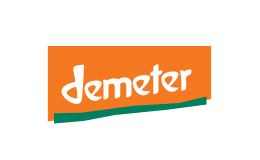
Demeter is the mark for Biodynamic® Agriculture products. The mark is only open to strictly controlled and contractually bound partners. A comprehensive verification process ensures strict adherence to International Demeter Production and Processing Standards.
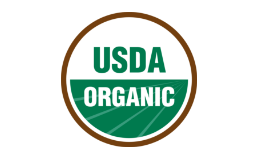
The United States' national organic food program. Organic products to be sent to the USA must be certified according to the standards agreed upon within the framework of this program.
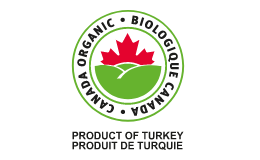
The Canada Organic Regime is implemented by the "Canada Organic Office," a section of the Canadian Food Inspection Agency (CFIA). The framework of COR consists of the OPR 2009 Organic Products Regulations, which determine requirements for various actors and infrastructure regarding organic food labeling and its implementation.
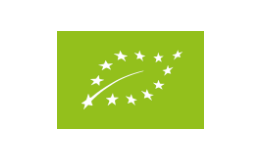
The EU organic farming logo gives consumers confidence about the origins and quality of their food and drink, and the presence of the logo on any product ensures its compliance with the EU Organic Farming Regulation.
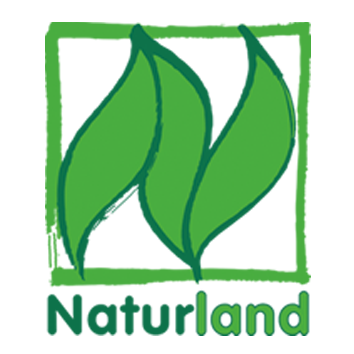
Naturland is one of the leading important international organizations in the field of organic agriculture, involving more than 65,000 farmers in 60 countries worldwide. Naturland has committed itself to the holistic principles of sustainable agricultural practices based on organic, innovative, and fair approaches. These are defined and implemented with their own special standards and certifications in the field of organic food.
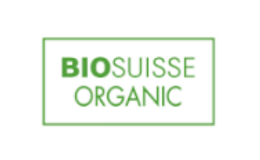
Bio Suisse is the umbrella organization of Swiss organic farmers. More than 800 production and trading companies have a license agreement with BIO SUISSE, meaning they have the right to use this label.
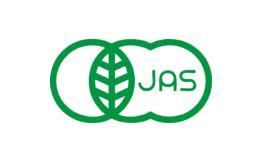
Japan's national organic program. Organic food products to be sent to Japan must be certified according to the standards determined within the framework of this program.
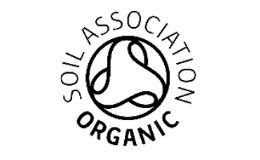
Soil Association certified products must legally comply with the EU Organic Regulation. The Soil Association symbol is an internationally recognized and trusted organic certification mark.
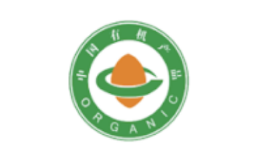
China National Organic Product Standard. The "Rules for the Implementation of Organic Product Certification" content defines the scope, normative standards, certification procedures, requirements for certification bodies, use of the organic product certification mark, labeling, and import of organic food products to China.
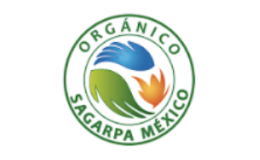
Control Union Certifications de Mexico; has been officially authorized by the Mexican Ministry of Agriculture (SENASICA - SAGARPA) to provide certification services according to the Mexican Organic Standard LPO (Organic Products Law).
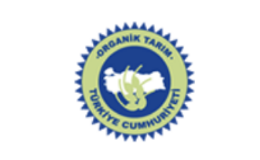
Turkish Organic Agriculture Law and Regulation. The regulation was made to enable organic agriculture to be carried out as an alternative production system and for Turkish producers' organic food products to be accepted as "organic."
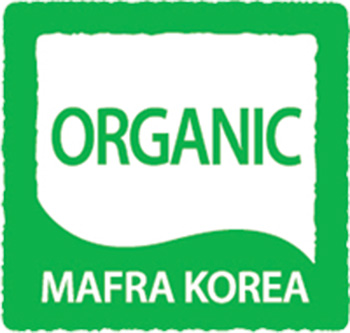
MAFRA (Ministry of Agriculture, Food and Rural Affairs) is the official government body in South Korea responsible for agricultural policies, food safety, and rural development. It oversees the inspection and approval of food products based on quality, safety, and compliance standards.
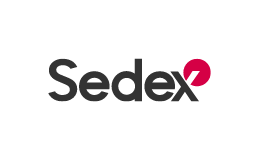
Supplier Ethical Data Exchange (Sedex) is a non-profit membership organization dedicated to improving responsible and ethical practices within global supply chains.
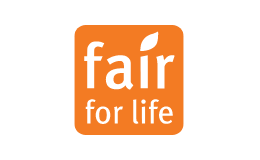
Certification programs for fair trade, responsible supply chains, and corporate social responsibility. This approach aims for a world where trade is a driving force for positive and sustainable change that benefits people and their environments.
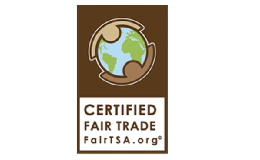
Fair Trade Sustainability Alliance (FairTSA) is a non-profit organization specialized in developing fair trade and social responsibility standards, ethical supply chain management, and responsible, sustainable community development.
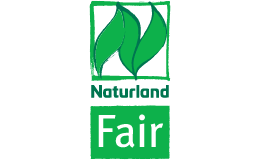
Naturland Fair is a voluntary additional certification that combines organic farming, social responsibility and fair trade. With Naturland Fair, producers and companies can show that food can be produced in harmony with people, the environment and society.
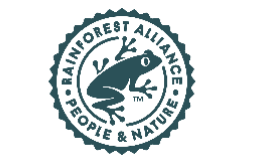
Rainforest Alliance is a non-profit international organization working at the intersection of agriculture and forests to make responsible business the new normal. It builds an alliance to protect forests, improve farmers' and forest communities' livelihoods, promote human rights, and help mitigate and adapt to the climate crisis. To obtain certification, farms and products must meet the "Rainforest Alliance Sustainable Agriculture Standard" criteria. For more information, you can visit https://www.rainforest-alliance.org/.
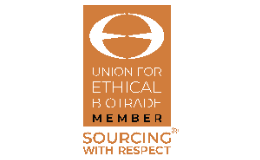
UEBT is a non-profit association that promotes respectful use of resources. It works to revitalize nature and provide a better future for people through the ethical sourcing of biodiversity components. UEBT aims to contribute to a world where all people and biological diversity thrive.
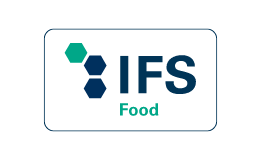
The IFS Food Standard has been developed to ensure food safety and quality requirements (product specifications, customer focus, etc.) as well as compliance with applicable regulatory requirements in the destination country of the products. This criterion is a standard recognized by GFSI-Global Food Safety Initiative.

ISO 9001 is an international standard that specifies requirements for a quality management system (QMS). Organizations use this standard to demonstrate their ability to consistently provide products and services that meet customer and applicable statutory and regulatory requirements.
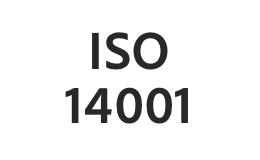
ISO 14001 is a basic environmental management system standard established in accordance with countries' own legal standards in practices. This standard helps control environmental aspects, reduce harmful effects on the environment, and ensure legal compliance.
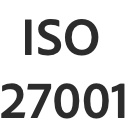
ISO 27001 is the leading international standard focused on information security. It details requirements for establishing, implementing, maintaining and continually improving an information security management system.
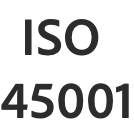
ISO 45001 specifies requirements for an occupational health and safety (OH&S) management system, and gives guidance for its use, to enable organizations to provide safe and healthy workplaces by preventing work-related injury and ill health, as well as by proactively improving its OH&S performance.

The Non-GMO Project seal is a food label developed for transparency in the voluntary use of genetically modified organisms (GMOs) to independently verify non-GMO products. With the increasing consumer demand in this area, it is a standard that has rapidly spread in North America.
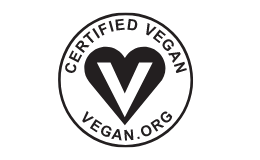
The globally distributed and recognized Vegan Logo is a registered trademark for products that contain no animal products or by-products and have not been tested on animals.
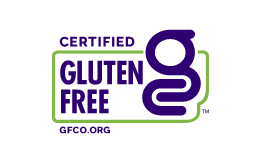
The GFCO certification mark means independent verification of quality and integrity. Products bearing this mark represent absolute reliability that the most stringent gluten-free standards have been met.
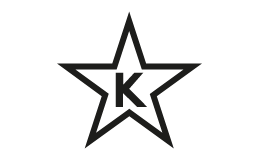
Kosher foods are those that conform to the regulations of the Jewish Halakha Law Framework, meaning they are fit or permitted to be eaten.

The word Halal means legal or lawful. Halal is a term that denotes any object or action that is permissible to use or engage in, according to Islamic law. This term provides a quality assurance standard used to denote foods that are permissible for consumption according to Islamic law.